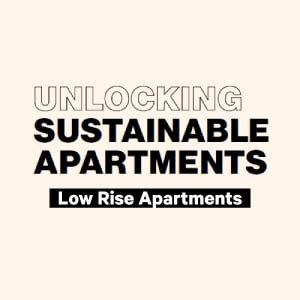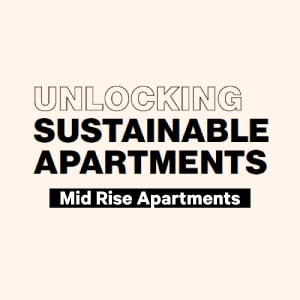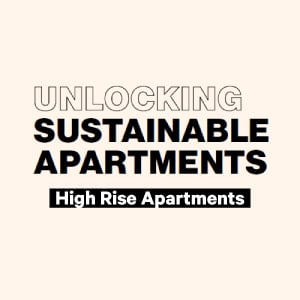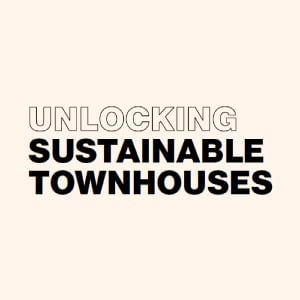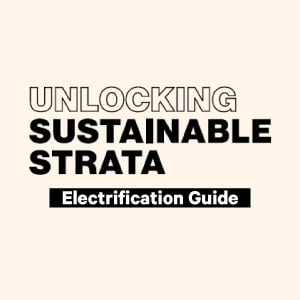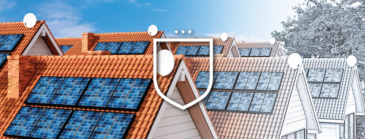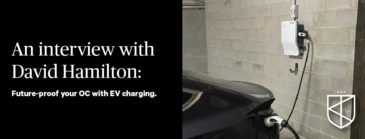Lighting | Water Use & Heating | Recycling & Waste | Community | Resources
Lighting.
 LED Globes.
LED Globes.
Simply switching to LED lighting within common areas could be enough to drastically reduce your energy consumption and save your Owners Corporation significantly on energy bills.
Most projects can recoup the initial outlay in just a few years, so it’s an easy proposition to get across the line, not only helping the planet but also the hip pocket.
The benefits also include protecting yourself against rising energy costs and potentially allocating more of your levies to pay for larger sustainability projects, like solar installation, in the future.
For those looking to take it a step further, you could also investigate installing timers or sensors on your common area lighting so that it is only in use when it is needed.
Solar Power.
There are a variety of options available to Strata complexes looking into Solar Power.
- Solar for common areas
- separately-metered system for each unit
- solar powered embedded network
Installing solar can vary in complexity and cost, depending on which option you choose. The main hurdles for this project include getting approval from the majority of Owners, raising the funds (generally on top of current levies) and the feasibility of installation (roof area and exposure to sunlight).
Further complicating matters, many apartments will have individual electricity meters, with individual accounts attached to them, making the fair distribution of solar energy a difficult task.
A relatively new approach (with currently only one company in Australia with the technology required to implement it) is a single system, with benefits allocated individually. SolShare by Allume Energy allows the energy generated by a single rooftop solar system to be shared between multiple apartments. What’s particularly clever about SolShare is that it delivers the same amount of solar energy to each apartment, but supplies it when it’s needed – making it fair and efficient, and overcoming many of the challenges of other solar options for strata.
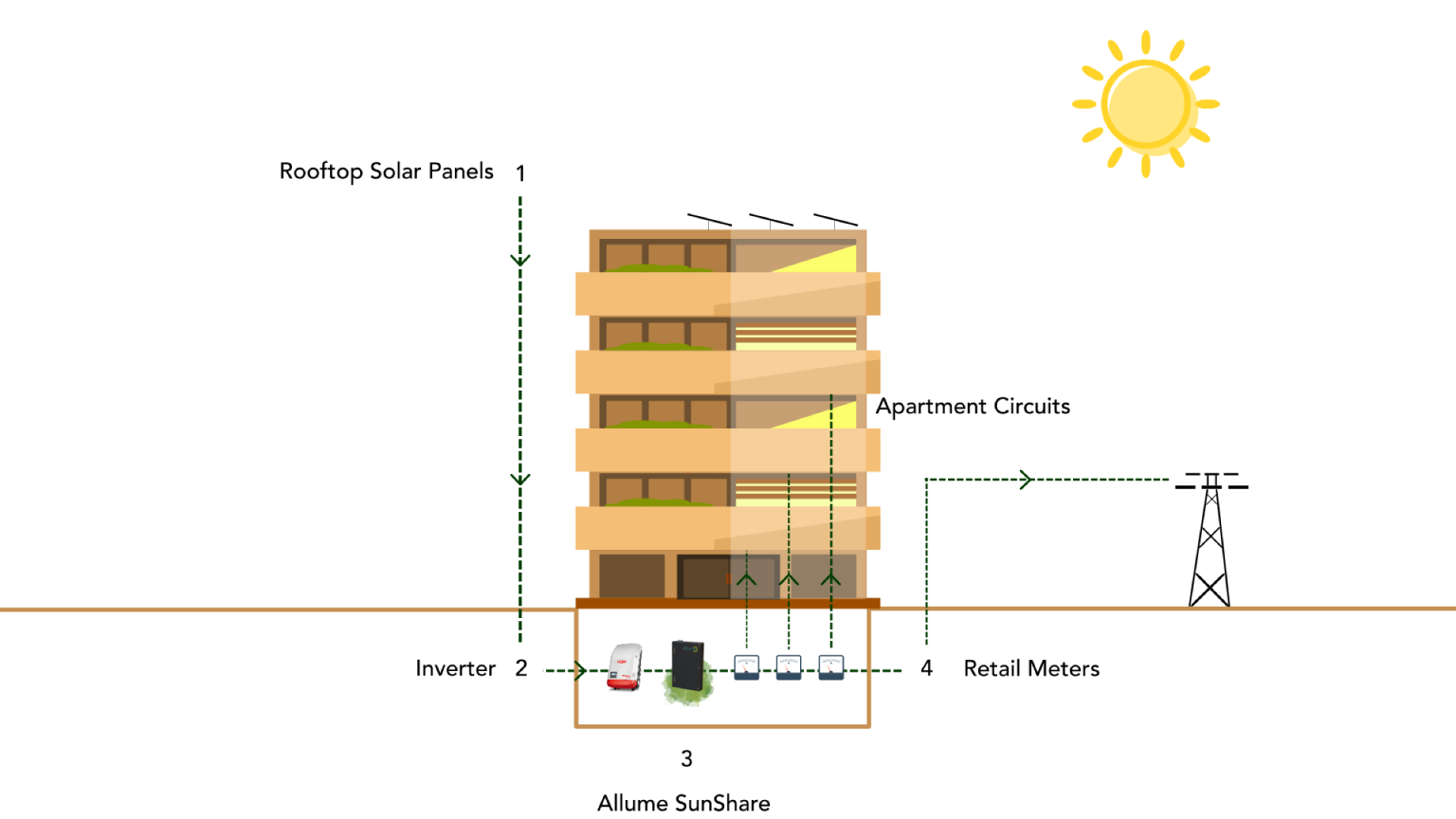
Water Use & Heating.
Water and energy use are closely linked – to reduce water consumption also reduces the energy used to heat and pump the water around your building. While the best way to reduce your footprint when it comes to water is to simply use less, in an Owners Corporation this is near impossible to enforce.
Simple things the Owners Corporation can do to reduce water use are:
- ensure there are no leaks within common areas
- install timed watering systems for shared gardens (use between 10pm and 6am will reduce evaporation)
- consider replacing foreign plants with native alternatives requiring less water
- if your property has an outdoor pool, a cover can prevent the 90-95% of evaporation
The benefits of separate metering.
Most strata buildings will have a shared meter, with water usage being charged to Owners based on Lot Liability, as individual usage cannot be determined.
Although an extensive undertaking, one way to help reduce your water use is to consider installing check meters for each lot, known as ‘Separate Metering’. Separate Metering enables Owners to be charged for their lot’s water use, or pass this charge onto their tenant (which is not legal when a shared meter is used).
The benefits of separate metering include:
- Owner and Tenant incentive to reduce water consumption to keep bills down
- easier leak detection and repair
- reduced ‘common’ water usage and therefore reduced bills
Efficient Water Heating.
Many properties will either have electric or gas hot water systems of varying efficiency. To reduce energy use and costs associated with heating water, many buildings are switching to either Solar Hot Water or Heat Pump Hot Water.
Solar Hot Water Systems
As the name suggests, Solar Hot Water Systems use solar power to heat the water. These systems are usually boosted by either gas or electricity for heating during overcast weather or night time.
This means that you are not drawing on the grid when the solar panels are in use, which means less carbon emissions and a lower electricity bill.
The shortcomings of Solar Hot Water Systems however are the space required for the panels, and the need for constant sunlight to make them run efficiently.
Heat Pump Hot Water Systems
While still running on electricity, Heat Pump Hot Water Systems have been estimated to be more efficient even than electric boosted solar systems. This is because they absorb warmth from the air and transfer it to heat water, and electricity is required only to run the compressor and the fan, rather than to directly heat the water.
Heat Pumps may struggle in cold climates, but in most of Australia, when installed in an area with good air flow, they can be an extremely efficient alternative to other heating systems.
The best bit? They can also run off your solar grid if your building has one, making them virtually emission-free.
Recycling & Waste.
The Committee of an Owners Corporation can play a role in encouraging best-practice behaviour from all residents when it comes to Recycling and Waste Management.
Ensuring that bins are easily accessible by all residents, and clearly marked to avoid contamination is the simplest way to encourage good habits. Try placing simple instructions above each bin area to educate residents about what goes where.
Other ways to reduce the waste going to landfill include:
- Providing a green waste bin as well as standard waste and recycling bins (be sure to check what your local council supports)
- establishing composting bins on unused/under-used common property
- holding induction days for new tenants to educate them on the systems in place
- establishing an area for residents to leave excess (unspoiled) produce/food they won’t finish to save it going in the bin
Community.
Something that is often overlooked when it comes to creating a more sustainable strata building is the importance of community. Establishing a culture around education, support and sharing – not naming and shaming – will ensure that sustainability initiatives, both big and small, really take hold.
It will also make the undertaking of larger, more costly projects that may require a special levy much easier. If your strata community understands the benefits and importance of sustainability initiatives, they are more likely to approve and support these projects.
Some small initiatives the Owners Corporation Committee could implement to create a more conscious and connected community include:
Goods library / swap
Allocate some space in common area for residents to leave unwanted (but usable) items such as appliances, books or clothing. Residents are welcome to claim anything left in this space, and once a month, arrange your local Salvos or Vinnies to come and collect unclaimed items or take them down to your nearest donation bin.
Facebook group/page for residents
A platform accessible by all residents to facilitate sharing and supporting your neighbours is not just a good deed, but can also encourage more sustainable behaviour. One resident may post asking to borrow an item they’d otherwise buy for a single use, and another may buy items such as oil or toilet paper in bulk to share around the building.
A ‘collective achievements’ notice board
Sometimes simply acknowledging achievements is enough to get people excited about them. Allocate a place in common area, such as the lobby or inside the lift, where you can celebrate your achievements. Things such as how many items donated instead of thrown away, or how many recycling bins filled.
Resources.
The Knight were proud to work on an award-winning project titled, ‘Unlocking Sustainable Strata’. The project was designed to uncover the common roadblocks toward creating more sustainable strata communities and provide education and resources for Owners Corporations and Owners looking to reduce the carbon footprint of their apartment, townhouse or building.
Resulting from this project were a series of fact sheets, containing all the tips, tricks & challenges to equip you for your sustainability journey. Download the fact sheets below.
Guides produced by HIP V. HYPE, with support from Strata Community Association (Victoria), City of Yarra & City of Merri-bek



 LED Globes.
LED Globes.


